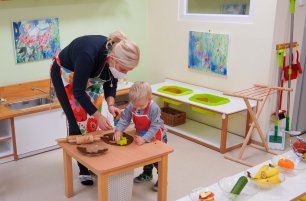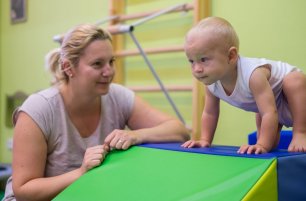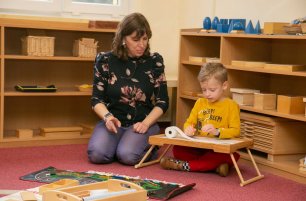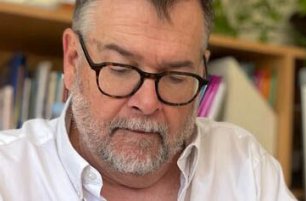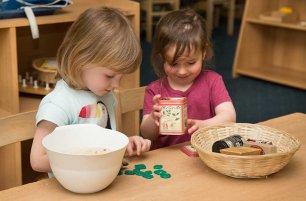IMSP Podcast: Meet alumnus Hubert Kobr
Join us as our host, Mariana Bečková, interviews Hubert Kobr on this week’s edition of the IMSP alumni podcast. Born in the Czech Republic, Hubert attended IMSP until beginning an IB program in a traditional Czech school. Discussing his education after Montessori, he shares how IMSP’s English-language curriculum prepared him to take on such a rigorous academic plan.

In Hubert's own words:
Hubert studied at IMSP since he was three years old. He then enrolled in GPJP after his fifth grade, attending an eight-year high school, but ended up finishing his studies with an IB diploma at the ECP. He is currently pursuing higher education while trying to grow plants from seeds.
Twenty years ago, IMSP opened its door for the first time. This podcast series follows Mariana Bečková — IMSP alumna and graduate of the program — as she shines a light on her fellow Montessori graduates. Celebrating our 20th anniversary, we are taking time to reflect with students who have been with us along the way. Tune in and learn more about their experience in the IMSP classroom and what Montessori means for them today.
